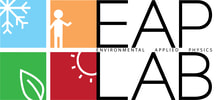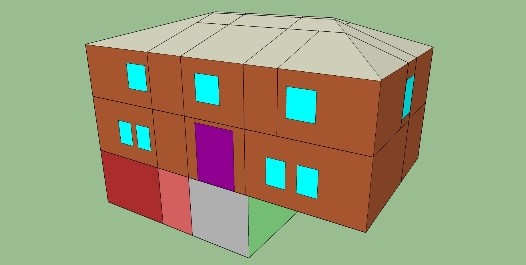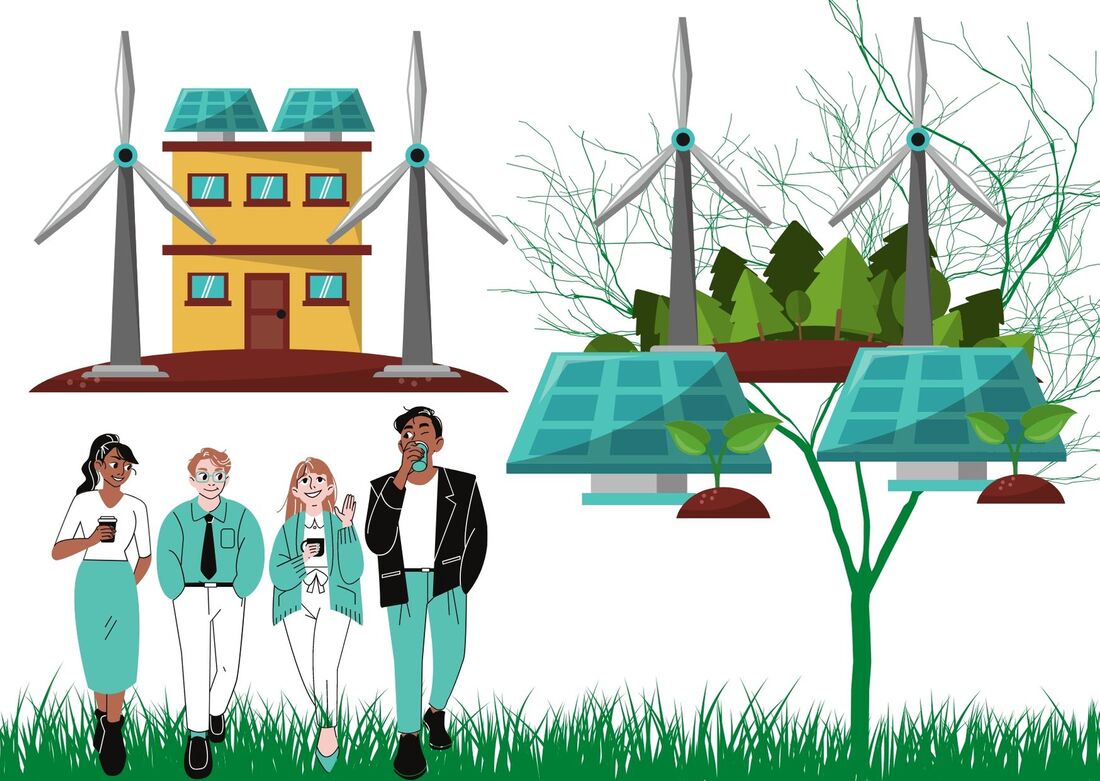EAP LAB team is currently involved in several funded european projects on energy systems, building energy efficiency and comfort, environmental sustainability, etc. EAP LAB well fits tailored research and innovation actions (RIA), innovation actions (IA), Marie Curie Actions, Coordination and support actions (CSA) within the framwork of Horizon 2020 Programme.
Have a look below if you are interested in one of our projects. We would be glad to give you more info about any of them.
The best is yet to come! At the moment we act as members of EU project consortia in 13 projects, including 1 ERC and several RIA, IA, MSCA, CSA, Cofund, Erasmus Plus, COST actions, etc.
We are ready for new challenges and opportunities!
ZERO PLUSACHIEVING NEAR ZERO AND POSITIVE ENERGY SETTLEMENTS IN EUROPE USING ADVANCED TECHNOLOGY
In ZERO-PLUS, a comprehensive, cost-effective system for Net Zero Energy (NZE) settlements will be developed and implemented. The system will be composed of innovative solutions for the building envelope, for building energy generation and management, and for energy management at the settlement level. A reduction of operational energy usage to an average of 0-20 kWh/m2 per year (compared with the current average of 70-230 kWh/m2) will be achieved through a transition from single NZE buildings to NZE settlements, in which the energy loads and resources are optimally managed. A primary objective of the project will be to develop a system whose investment costs will be at least 16% lower than current costs. In order to reduce "balance of system" costs, an approach of mass customization will be employed. Mass produced technologies will be integrated in a system that is optimally designed according to the local climate and site of each project in which it is implemented. To this end, a structured process will be developed and applied for the integration, optimization and verification of the design. The project's work programme will ensure a rapid market uptake, within its four-year scope, of the innovative solutions that will be developed. These solutions will be implemented in four different demonstration projects throughout the EU, with varying climates and building types. The results of their implementation will be monitored, analyzed and disseminated. A comprehensive market analysis and business plan will support the commercial exploitation of the project's results. The project will be carried out by a consortium that includes universities, project owners, technology providers and organizations, which will closely collaborate in all the project's phases. |
HERACLESHERITAGE RESILIENCE AGAINST CLIMATE EVENTS ON SITE
ERACLES main objective is to design, validate and promote responsive systems/solutions for effective resilience of CH against climate change effects, considering as a mandatory premise an holistic, multidisciplinary approach through the involvement of different expertise (end-users, industry/SMEs, scientists, conservators/restorators and social experts, decision, and policy makers). This will be operationally pursued with the development of a system exploiting an ICT platform able to collect and integrate multisource information in order to effectively provide complete and updated situational awareness and support decision for innovative measurements improving CH resilience, including new solutions for maintenance and conservation. The HERACLES effectiveness will be ensured by the design and validation of manageable methodologies also for the definition of operational procedures and guidelines for risk mitigation and management. It will be validated in two challenging test beds, key study cases for the climate change impact on European CH assets. The strength of HERACLES solutions is their flexibility in evaluating a big quantity of different information that can be changed and tailored to the specific CH assets needs, guaranteeing in that way a general applicability. In this context, a fundamental role will be played by end-users, which will be active part in the project activities. HERACLES system will be designed and developed by accounting for the economic sustainability and future acceptance by the market and for the social and economic impact for public and local communities while respecting the integrity of CH and the value it hold for communities. Effective technological transfer of HERACLES outcomes to large companies, SMEs and end users, suitable dissemination, communication, education and training activities are also organized to disseminate vision and progresses obtained to different communities, in a vision of wide audiences awareness.
INPATH TESPhD on Innovation Pathways for TES
Following the EC SET-Plan Education and Training Roadmap, the concept of this project is to develop a joint PhD programme between universities and research centres, on the topic of Thermal Energy Storage (TES). The goal of INPATH-TES (funded under the framework of the Horizon 2020 european research and innovation workplan, “Call: H2020-LCE-2014-2, Topic: LCE-20-2014, Type of action: CSA) is to create a network of universities and research institutes to implement a joint PhD programme on TES technologies. The final result of such a network is to educate professionals on these technologies for the European research and industry institutions. The consortium includes 14 universities that will implement the joint PhD programme, two research institutions (AIT and PROMES-CNRS), three companies and two SME (Arcelik, Abengoa Solar NT, KIC InnoEnergy, UFP and LAIF), that will cooperate in defining the programme and in its implementation and deployment. The specific objectives of the project will lead to the qualification of professionals for the European research and industry institutions, bringing Europe to continue being leaders in these technologies. The partners in the proposal will be the core of a future larger network of excellent R&D institutions, and industries for co-funding and industrial placement, sharing infrastructure capacities, and enhancing mobility of students. The overall approach of the project involves a work plan divided in six work packages, being either coordination or support activities. Coordination activities: WP1 – Management and coordination; WP3 – Developing, maintaining and updating a PhD programme in TES; and WP4 – Implementation of the PhD programme in TES. Support activities: WP2 – External communication and dissemination; WP5 – Stakeholder involvement and extension of partnerships; and WP6 – Framework for monitoring and evaluation of INPATH-TES as well as IPR and regulatory issues.SWS-HEATINGDEVELOPMENT AND VALIDATION OF AN INNOVATIVE SOLAR SELECTIVE-WATER-SORBENT-BASED HEATING SYSTEMe
The project aims at developing a compact solar-assisted heating system with advanced materials and components, for covering over 60% of heating demand (both space heating and DHW) of energy efficiency single-family houses in Central/North Europe (solar fraction is further increased in South Europe to over 80%). The core of the energy system is a multimodular thermochemical seasonal heat storage based on an innovative adsorption module employing Selective Water Sorbent (SWS) and dedicated heat exchangers (HEXs) in the adsorber, evaporator and condenser. High-efficiency solar collectors with vacuum tubes will be optimized for the specific requirements of the proposed system. A back-up heater is integrated for fully covering the heat demand during winter. The overall goal is to reduce the system size and cost compared to sensible seasonal TES, while maximizing its performance, compactness and simplicity of operations. |
EAP Lab at University of Perugia
CIRIAF - Interuniversity research centre on pollution and environment Mauro Felli
Department of Engineering
Via G. Duranti 63 - 06125 - Perugia, Italy | Privacy policy
CIRIAF - Interuniversity research centre on pollution and environment Mauro Felli
Department of Engineering
Via G. Duranti 63 - 06125 - Perugia, Italy | Privacy policy








